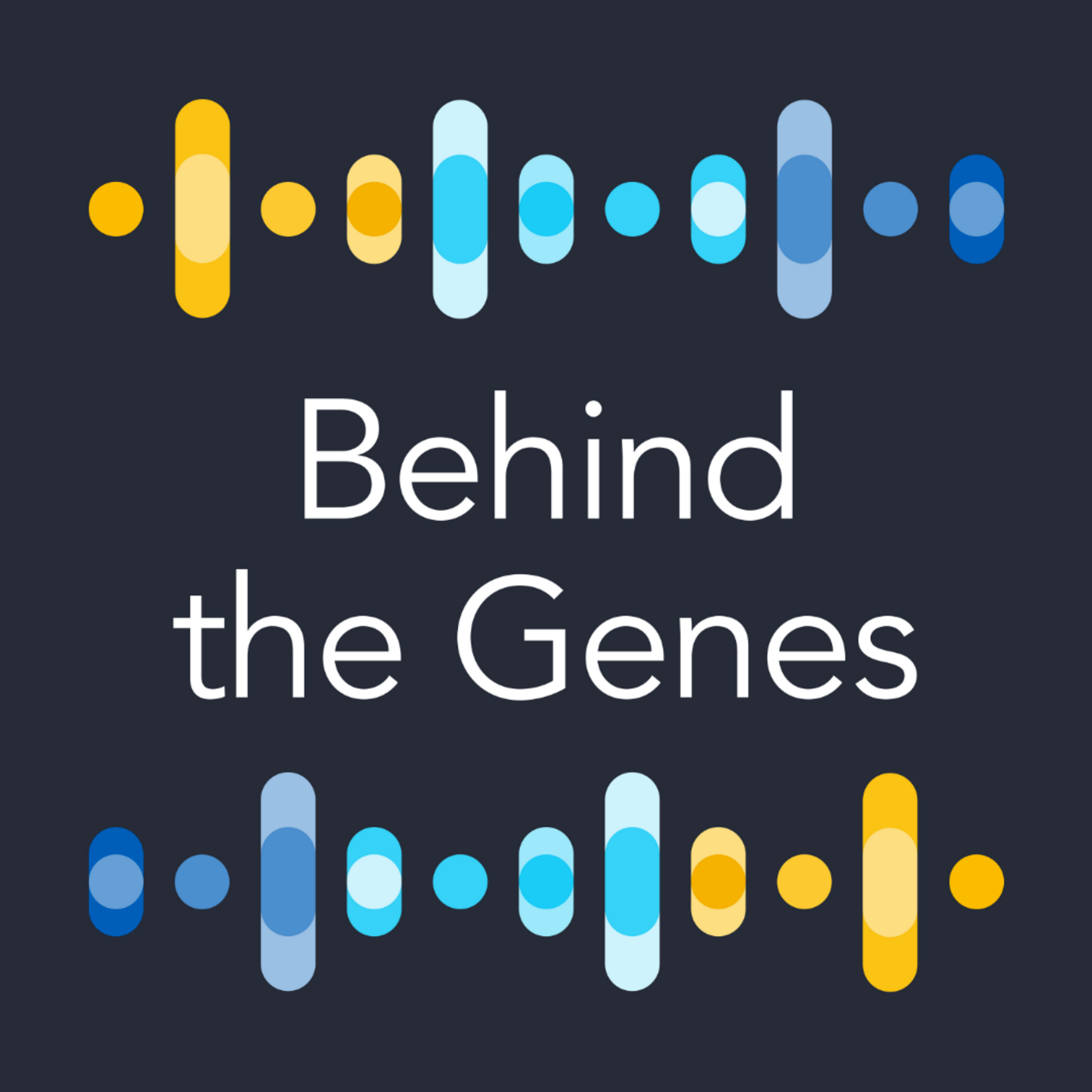Ellen Thomas: Genomics 101 - What is genetic or genomic testing?
Description
In this explainer episode, we’ve asked Ellen Thomas, Interim Chief Medical Officer at Genomics England, to explain what genetic and genomic tests are, why someone might do a test, and how they are performed, in less than 10 minutes.
You can also find a series of short videos explaining some of the common terms you might encounter about genomics on our YouTube channel.
If you’ve got any questions, or have any other topics you’d like us to explain, feel free to contact us on [email protected].
You can read the transcript below or download it here: https://files.genomicsengland.co.uk/documents/Podcast-transcripts/005-What-is-genetic-or-genomic-testing.docx
Naimah: What is genetic or genomic testing? Today, I’m joined by Ellen Thomas, interim chief medical officer for Genomics England, who’s going to explain more. So, first of all Ellen, what is a genetic test?
Ellen: Well, genetic tests examine a person’s genes to see if they have any changes in their DNA which might explain their symptoms. We all have DNA in most of the cells of our bodies, we inherit it from our parents and pass it on to our children. DNA provides the blueprint for our genes, and the proteins which build and run our bodies. Nearly all of our DNA is exactly the same across all of us, but around 5 million out of our 3 billion DNA letters are different, and each of these we call a genetic variant. The pattern of genetic variants that we all carry helps to make us who we are, and genetic testing is designed to examine some of these variants to help inform our healthcare.
Naimah: So, why are they sometimes called genetic tests and sometimes called genomic tests?
Ellen: Well, the words genetic and genomic are often used in exactly the same way, but broadly, genetic tests are usually used to look at just one or a small number of a patient’s genes, while a genomic test will look at hundreds or even thousands of genes at the same time. In general, it’s fine to use either.
Naimah: If you want to hear more about the difference between genetics and genomics, you can find another explainer episode with Rich Scott on our website, which goes into more detail.
Okay, so coming back to you, Ellen, what are the reasons we might do a genomic test?
Ellen: Some rare health conditions are caused by DNA variants in our genes, conditions such as cystic fibrosis, Huntington’s disease or sickle cell disease. In these 3 conditions, there is usually just one gene that is responsible, the same gene for all patients. That means that you can often find the DNA variant which has caused a patient’s symptoms by doing a test which looks just at that gene, or even sometimes just at a part of the gene. But for other genetic conditions, a variant could be found in any of dozens or even hundreds of genes, which could cause the same condition or a group of conditions, and examples of that include familial forms of epilepsy or developmental disorders in children.
For these conditions, to find an answer you often need to do a broader genomic test, looking at many genes at the same time, and also sometimes in between the genes. Finding the variant in a patient’s DNA which has caused the condition is useful, because it helps understand how the condition is passing down in the family, and whether it could affect anyone else in the family in the future. It is also increasingly used to work out which treatment an individual patient might respond to best.
Genomic tests are also used to help diagnose and treat cancer. A tumour develops and spreads because new variants in the DNA build up inside the tumour, which are not present in the patient’s healthy cells. By testing the DNA of the tumour, you can sometimes understand more about why it happened and what treatment might be most effective.
Naimah: So, can you tell me a bit about what sort of questions you can and can’t address with genomic testing, and how has this changed over time?
More Episodes
In this explainer episode, we’ve asked James Duboff, Strategic Partnerships Director at Genomics England, to explain how genomic data can be used in drug discovery.
You can also find a series of short videos explaining some of the common terms you might encounter about genomics on our YouTube...
Published 05/22/24
Published 05/22/24
Ethical considerations are essential in genomic medicine and clinical practice. In this episode, our guests dive into the details of ethical principles, highlighting how they can be brought into practice in the clinic, whilst considering the experiences and feelings of patients and...
Published 05/15/24


